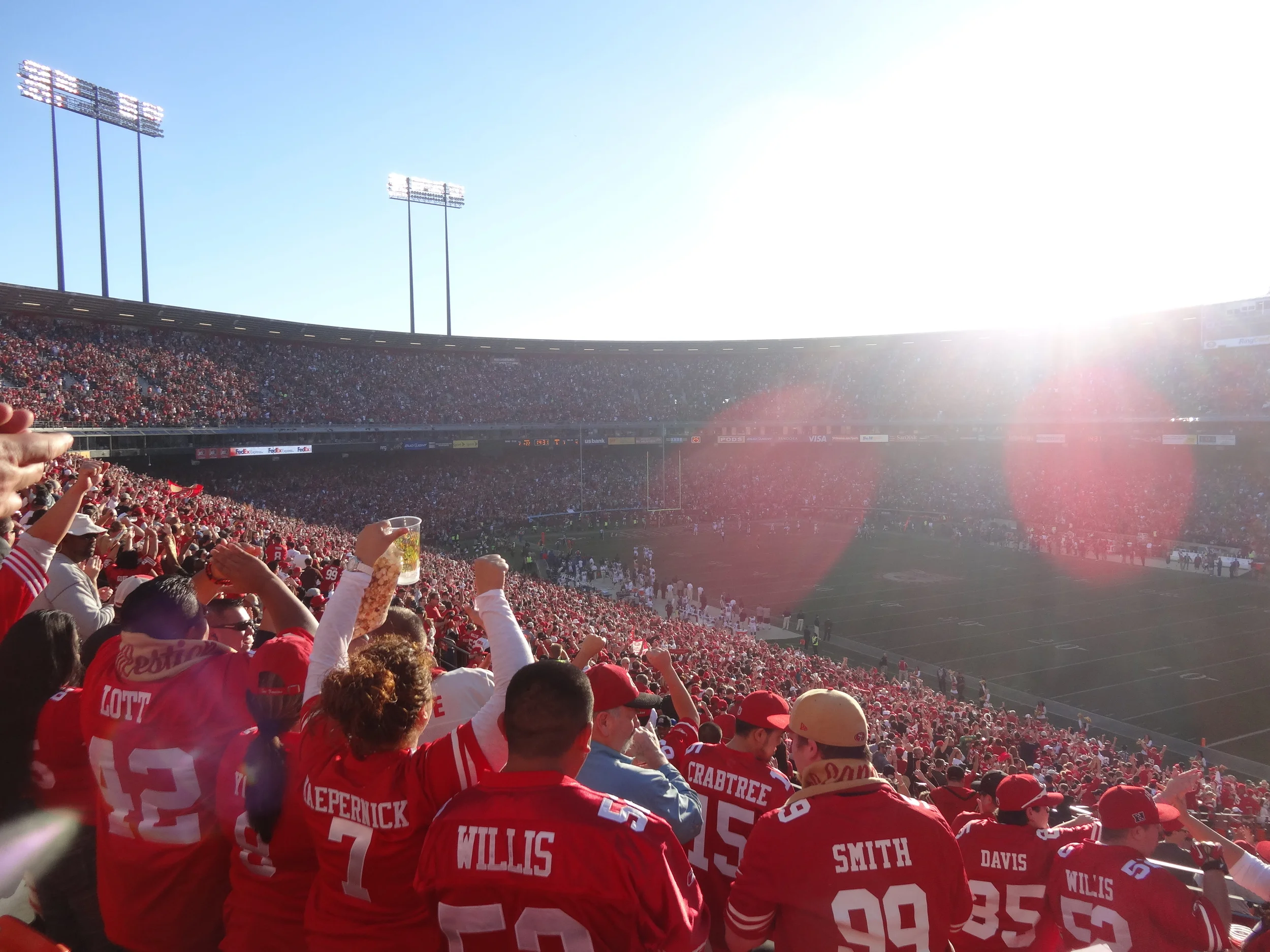Earlier this week Heineken announced a new sponsorship deal with Formula One. Immediately questions were raised whether an alcohol brand should sponsor a sports event. In 2002 the tobacco industry in the UK was told they could no longer have their names prominently displayed at events. That kind of sponsorship was no longer allowed after 2005.
Should an alcohol brand be allowed to sponsor an event or a festival? Heineken sponsors Formula One, the US Open, and golf tournaments. Meanwhile Jamie Oliver wants to stop Coca Cola and McDonalds from sponsoring the Olympics. In a previous blog I wrote about BP being criticized for sponsoring the Edinburgh International Festival. Oil and art don’t always mix well. So how do you find the right sponsor for your event?
Event sponsorship
Approaching a company with a sponsorship request is always difficult. A few years ago my students had to organise their very own festival. The plan was to organise a town based festival for the local community. We approached a bank that had recently opened a branch in the centre of town. After researching the bank’s mission and business approach, as well as their customers, we sent them an email and got invited for a meeting.
Sometimes you have meetings that just don’t work out. This was one of those. And after 5 minutes that became painfully clear. Long story short: we had misunderstood the bank’s mission. “We cannot provide sponsorship for your event”, the bank manager said, “but I can place some of my employees outside and hand out balloons”. Yes, that is really helpful.
Before you approach any potential sponsor you need to have a word with yourself. You need to come up with some really good and well thought through answers to the following questions:
What is my event all about?
You need to decide what the story of your event is. Be clear on what you are trying to achieve with your event. Make sure that the story of your event is a compelling one. At the very least it needs to be compelling to your sponsor. Are you able to explain what the essence of your event is? Like any other good story yours needs to have a beginning, middle, and an end. Now look at the story of the company you want to approach. Are there similarities in this story? Are you both trying to achieve the same thing? Look for the things that you have in common.
Who is my audience?
Your sponsor wants to get access to your audience. The people that visit your event are of interest to your sponsors. Don’t forget the audience you can reach via your media outlets. Make sure you know who your audience is by profiling them.
Look at your audience demographics, what they eat, what phone they use, what their day looks like, how they dress, etc. When you research your potential sponsors you need look at their audience. Are they aiming for similar customers? You do not necessarily need to have the same audience but a potential sponsor might want to move into a market that has your audience.
Why does your event require sponsorship?
Sponsorship is not always needed. Shambhala Music Festival in Canada with 10,000 attendees has no corporate sponsors. It can be done! But why do you need sponsors and what do you want from them? You can think of:
- Money
- Products or goods
- Know how
- Services
- Exposure
- Added value
You have to know the answer to this question when you approach potential sponsors. Asking for money requires a different approach than asking for media exposure. Don’t just approach any company. Your sponsor needs to add value to the overall event experience. If there is no added value (could come from money, products, know how, services, media exposure), than why are you talking to that company?
What can you offer your sponsors?
I’m sure you know what your attendance numbers are. The capacity of your event is a good indicator of what you can expect from your sponsors but also what you can offer your sponsors. Coachella with 200,000 visitors serves as a great case study of what brands can do at events. Heineken was one of the sponsors there as well. Most likely your event is not Coachella but you can certainly take inspiration from their approach. Potential sponsors might want to use your event to:
- Introduce a new product or service
- Promote their product or company (branding)
- Increase awareness
- Join in your marketing efforts
- Use your event to impress their relationship with their clients
Know what you can offer your sponsors. Do not promise them something you cannot deliver. If you promise them branding opportunities on your website (what is your website traffic?), or via social media (do you know your data?), on tickets (where on ticket?), or on site (where on site and how?), you need to be able to live up to that promise.
Overall you need to plan your sponsorship outreach campaign. Keep in mind that larger companies set their annual budget once a year. Think of your event story and make sure it is compelling and worthwhile. Do your homework.
For more information about my online workshop Event Marketing visit my website EventTutor.com.

